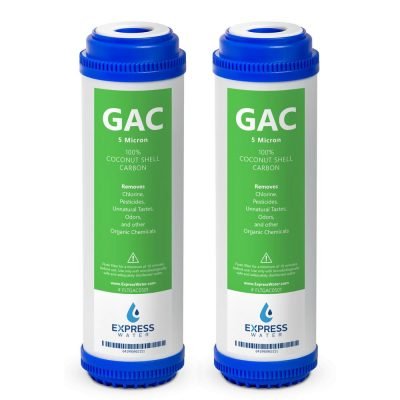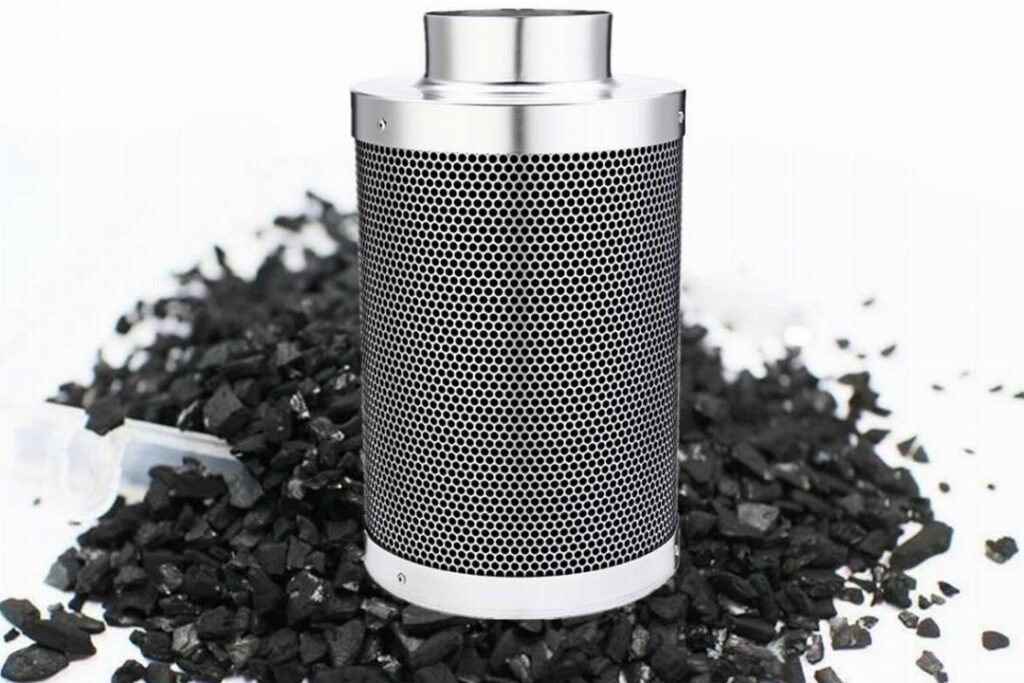Activated Carbon Filters
Activated carbon filters are widely recognized as effective tools for purifying water. These filters utilize activated carbon, a form of carbon processed to have small, low-volume pores that increase the surface area available for adsorption or chemical reactions. In water purification, activated carbon filters work by trapping and removing various impurities and contaminants from water as it passes through.


Activated Carbon Filters volatile organic compounds (VOCs):
One of the key features of activated carbon is its ability to adsorb a wide range of pollutants, including organic compounds, chlorine, volatile organic compounds (VOCs), and certain heavy metals. This adsorption process occurs as contaminants come into contact with the porous surface of the carbon, where they adhere to the carbon particles. The larger surface area of activated carbon compared to other materials enhances its adsorption capacity, making it highly effective for water purification.
Household and industrial water treatment systems:
Activated carbon filters are commonly used in both household and industrial water treatment systems. In household applications, they are often integrated into point-of-use or point-of-entry systems, such as under-the-sink filters or whole-house filtration units. These filters can
improve the taste and odor of water by removing chlorine and organic compounds that contribute to unpleasant flavors and smells. Additionally, they can reduce the presence of potentially harmful substances like pesticides, herbicides, and industrial chemicals, thus enhancing the overall quality and safety of drinking water.
Process of water industries:
In industrial settings, activated carbon filters are employed for various purposes, including
wastewater treatment, groundwater remediation and purification of process water in industries such as pharmaceuticals, food and beverage, and electronics manufacturing. These filters play a crucial role in removing contaminants from large volumes of water, helping industries comply with regulatory standards and maintain the quality of their products.
Maintenance of activated carbon filters:
Maintenance of activated carbon filters is essential to ensure optimal performance over time. Periodic replacement of the carbon media is necessary as it becomes saturated with
contaminants and loses its adsorption capacity. The frequency of replacement depends on factors such as the volume of water treated, the concentration of contaminants, and the type of activated carbon used. Additionally, regular cleaning and monitoring of the filtration
system are recommended to prevent bacterial growth and ensure proper functioning.
Conclusion
Activated carbon filters are valuable tools for water purification, offering an efficient and versatile solution for removing various impurities and contaminants from water. Whether used in household or industrial settings, these filters provide an effective means of improving water quality and safeguarding health and the environment.
